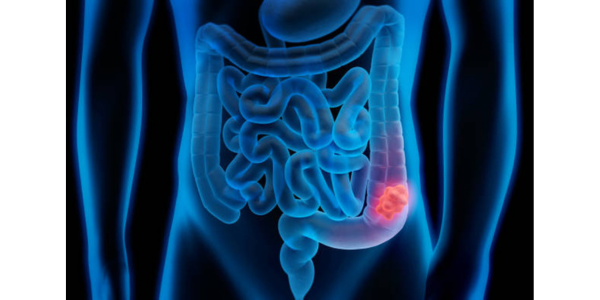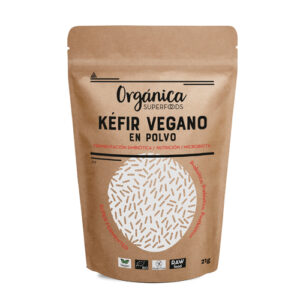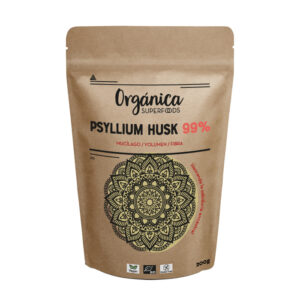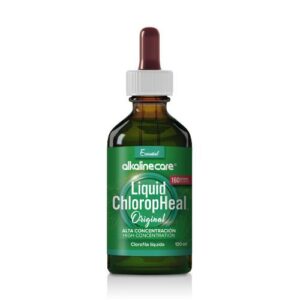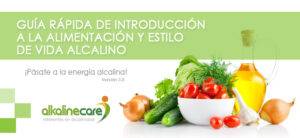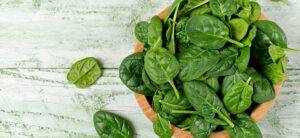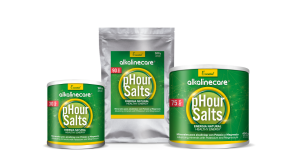Today, we´ll delve into the significance of this vital organ – the colon. Why is it so important for our intestinal and overall health? What can I do to cleanse my colon?
What can I do to cleanse my colon
Understanding the Colon
The colon, located between the cecum and rectum, is a segment of the large intestine consisting of four parts. Its primary functions include reabsorption of liquids, electrolytes (minerals), and eliminate leftover food particles that the body no longer requires.
It Measures between one and a half to two meters. The colon, with its folded structure and muscular tapes along its wall, facilitates peristaltic movements. On a daily basis, it absorbs 1 to 2 liters of water, vitamins, and minerals, nourishing our cells.
What Happens When the Colon is dirty
If the colon is dirty or accumulates toxins (feces, food remnants, undesirable bacteria) a barrier forms hindering proper nutrient absorption. This can lead to biochemical changes that can damage the intestinal mucous membranes and create dysbiosis, leaky gut, irritable bowel syndrome, etc.
Known as the “second brain,” the gut is highly innervated and is connected to the brain via the vagus nerve. Hence, its health has a direct impact in our emotional well-being. In Addition, the gut plays a crucial role in our immune system. 60% of our immune system is located in the intestine. Toxins in the gut increases the likelihood of illness and inflammation.
The gut accumulates toxins as a result from poorly digested food remnants, acidic diets, medication intake, gases, parasites, and mucous membrane secretions from the intestines.
Consequences of a dirty colon
Toxins stored in the colon over the years can lead to various issues, as for example:
- Digestive problems of all kinds.
- Gas, bloating, constipation, diarrhea.
- Migraines and headaches.
- Gut and vaginal candidiasis.
- Skin problems like acne.
- Fatigue and tiredness.
- Lower back pain.
- Leg heaviness.
- Mental fog and lack of focus.
- Mood swings, anxiety, and depression (90% of serotonin is produced in the gut).
- Disturbances in gut microflora (intestinal inflammation).
- The colon can retain up to 10 kg of fecal matter.
Our lifestyle can also have a negative impact in our gut function, turning it into a “sewer.” A weak, irritated, congested, and inflamed colon becomes a fertile ground for toxic bacteria, leading to blood and lymph intoxication—one of the primary causes of systemic illness.
How can I cleanse my colon
To eliminate effectively toxic residues and accumulated feces in the gut over the years, follow these steps:
- Follow an alkaline, anti-inflammatory diet rich in fiber, vegetables, greens, and fruits.
- Regularly consume Psyllium, a fiber that helps remove fecal matter, promote peristaltic movements and fight against constipation.
- Add probiotics and prebiotics to improve your gut microflora. Discover the benefits of vegan kefir.
- Drink enough alkaline water, at least 5 – 8 glasses. You can make your alkaline water with PuripHy drops.
- Take PHlush for ten days in a row, a gentle laxative that deeply cleanses the colon.
- Consider colon hydrotherapy to thoroughly cleanse and repair your colon. It will significantly improve various digestive issues such as constipation, diarrhea, circulatory problems, skin, and joint issues.

Intestinal toxins prematurely age our cells, making them prone to illness. Regularly cleansing your colon and maintaining a healthy alkaline lifestyle will ensure good digestive and emotional health throughout your life.



